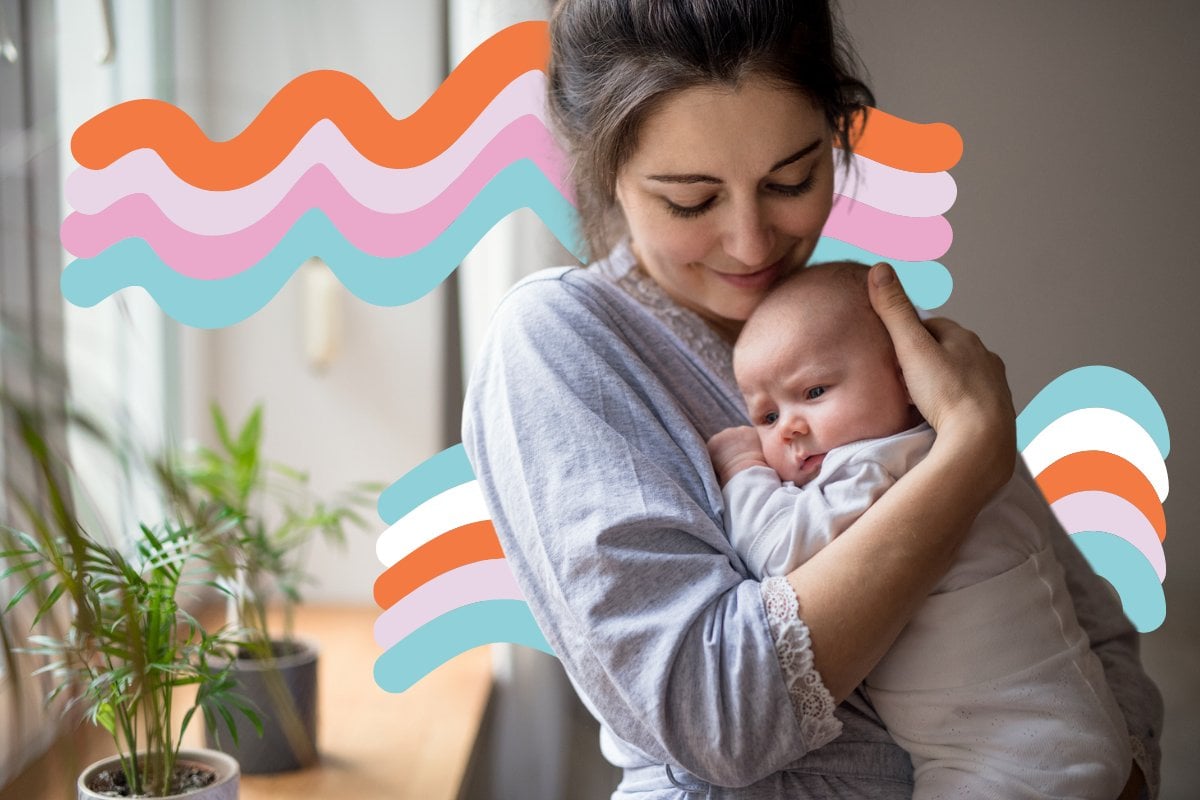
To have children, or to not have children? It’s one of the biggest decisions anyone will make in their life.
Getting it wrong has the potential to lead to decades of regret. So, how do you know if you really want to have kids?
Clinical psychologist Carla Anderson, from the Centre for Perinatal Psychology, says people who are struggling to make the decision need to do a bit of “deeper digging”.
Watch: Be a good mum. Post continues below.
“The main thing we’re thinking about is where the ambivalence is coming from,” she tells Mamamia.
Anderson has three questions that people who are wondering whether they want to have kids should ask themselves.
1. Is it you that wants to have a baby?
Maybe your family or your partner want you to start a family, or maybe it seems like everyone around you is doing it, but you’re not really feeling that desire yourself.
“Is having a baby something you actually want or is it because you feel like that’s the expectation placed on you?” Anderson says.
2. Is this how you’re feeling now?
You might have been telling everyone for years that you want to have kids, or you might have always said that you didn’t want them.



Top Comments